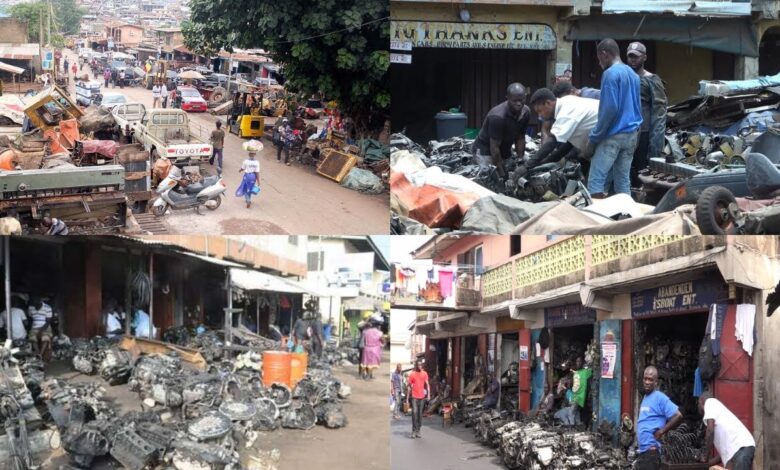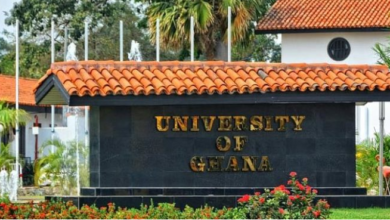
In Kumasi’s bustling Suame Magazine, young men and women huddle around vehicle parts, learning the trade from master artisans. For many, this is their classroom and their pathway to a livelihood.
Across Ghana’s Ashanti region and beyond, the informal sector has become a vital source of employment. It is where thousands of young people, often with little or no formal education, acquire skills through Informal Apprenticeship Training (IAT). From tailoring and cosmetology to automotive repairs and catering, apprenticeships are shaping careers, families, and futures.
Studies commissioned by UNICEF Ghana in collaboration with the government reveal that the informal sector accounts for nearly 80% of urban training. It offers a lifeline in a country where formal jobs are scarce but entrepreneurial energy abounds. Yet despite its importance, the sector is largely unregulated, leaving many workers vulnerable to poor conditions and underemployment.

Programmes such as the Ghana TVET Voucher Project (GTVP) and the Ghana Jobs and Skills Project are changing this narrative. By 2022, more than 18,000 master craft persons and their apprentices had received training and certification under the National TVET Qualifications Framework. For the first time, apprentices who learn under informal masters can now transition to formal education, gain recognised qualifications, and compete fairly in the labour market.
Trades benefiting from these interventions include garment construction, cosmetology, electronics, plumbing, building and construction, electrical installation, and hospitality management. With development partners and government institutions working together, Ghana is building stronger links between informal and formal training.
For artisans like seamstress Ama Serwaa, who trained informally for five years before receiving certification, the change is transformative. “I can now show my certificate to customers and even apply for bigger contracts. It gives me dignity in my work,” she says.

The goal is ambitious. By formalising skills and strengthening training systems, Ghana hopes to create a skilled, competitive workforce that fuels industrial growth and reduces reliance on imported expertise.
What was once seen as survival work is now being recognised as the backbone of Ghana’s labour market, and with the right support, it could be the engine of inclusive economic transformation.




